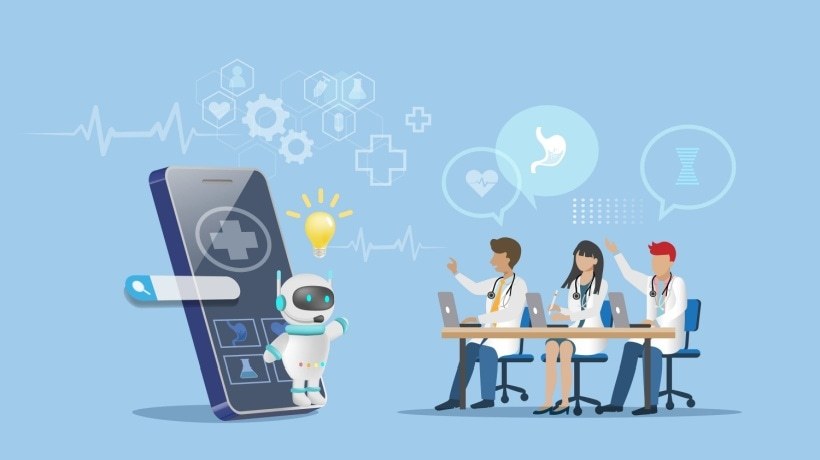
"Artificial intelligence (AI) is transforming nearly every corner of healthcare-from diagnostics to patient management-and medical education is no exception. With the market for AI in healthcare rapidly expanding, adopting AI in medical education has become essential for training tomorrow's healthcare professionals. Luckily, by embracing technologies like adaptive learning platforms and virtual simulations, medical schools can help prepare students for an AI-driven future in healthcare."
"In medical education, AI technologies include: Clinical decision support systems. Intelligent tutoring systems. Automated assessment tools. Adaptive learning platforms. AI-powered virtual simulation tools. These technologies aim to enhance learning and equip students with the knowledge and skills they need to deliver timely, high-quality patient care. At the same time, such tools will ensure students are prepared for a workforce already using AI for an increasing number of tasks."
AI technologies in medical education include clinical decision support systems, intelligent tutoring systems, automated assessment tools, adaptive learning platforms, and AI-powered virtual simulation tools. These technologies enhance learning, provide personalized instruction, streamline assessment, and simulate clinical scenarios for hands-on practice. Integration of AI equips students with knowledge and skills needed to deliver timely, high-quality patient care and prepares them for a workforce increasingly using AI for clinical and administrative tasks. Despite market growth and clear educational benefits, adoption remains limited: only 14% of medical schools have a formal generative AI curriculum compared with 60% of undergraduate programs. Medical educators require evidence of AI's positive impact on students and faculty to expand adoption.
Read at eLearning Industry
Unable to calculate read time
Collection
[
|
...
]